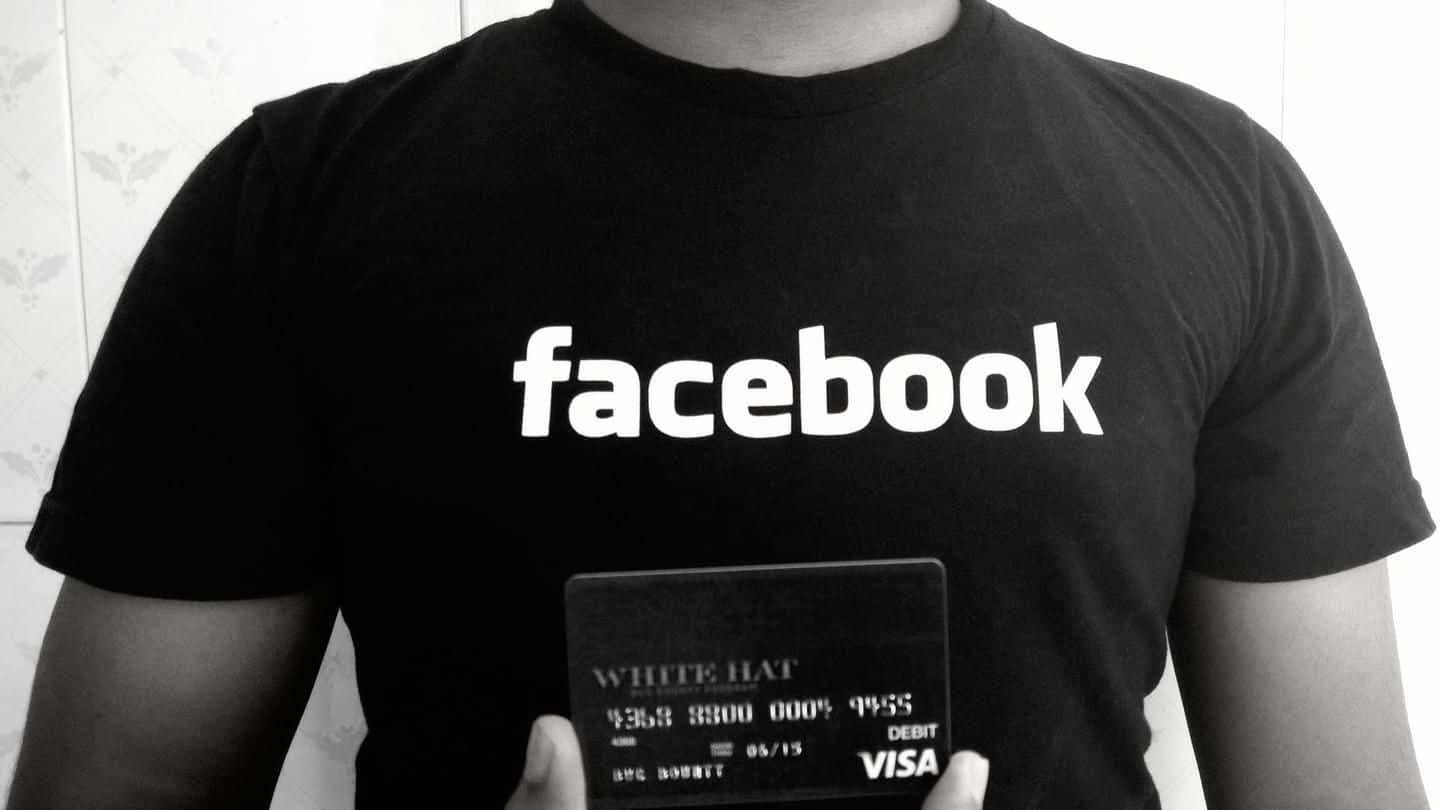
Hacker cancels plan to delete Zuckerberg's Facebook account: Details here
What's the story
The Taiwanese hacker, who wanted to delete Mark Zuckerberg's Facebook account and broadcast himself while doing so, has decided to back off.
In a Facebook post, Chang Chi-yuan announced the cancelation of his plan and noted the vulnerability he planned to exploit has been reported to Facebook.
He made the move to avoid 'unnecessary trouble' from the social media giant.
Here are the details.
Global attention
Hacking attempt canceled due to global attention
Within hours of scheduling the event, the 23-year-old bug bounty hunter got immense attention from global media outlets, leading him to rethink and cancel the event for good.
"Even if I found more loopholes and got more bonuses, there are still many people who question my ability," his cancelation post read. "I shouldn't really use Zuck's account to do experiments and prove strength."
Apology
Apology from the white hat hacker
Chang apologized for letting people look forward to the hacking event and canceling it later.
When the news first broke, many people across the globe were intrigued, especially considering Chang's claims and the fact he hacked into a bus operator's system.
His name is also listed as a special contributor on Line Corp's Bug Bounty Program as well as on Facebook's white hat page.
Bug reported
However, the bug has been reported
After canceling the event, Chang stressed no matter what people think of him, he's really glad he didn't go ahead with the attack on 'innocent' Zuckerberg.
The young hacker also confirmed to Bloomberg that the bug he planned to exploit has been reported to Facebook and he'll prove himself after receiving a bounty for it.
He even attached screenshots of his bug submission.
Facebook breach
Problems still mounting on Facebook
Though Chang's bug has been submitted and is likely to be addressed soon, security problems are mounting over Facebook's head.
Just yesterday, the social media giant reported a massive security breach, where at least 50 million of its users have been affected.
The company has fixed the vulnerability and is now investigating the extent of the hack.